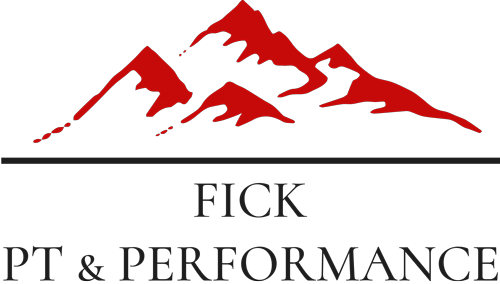Dry Needling Physical Therapy: A Modern Approach to Pain Relief
Discover the Power of Dry Needling:
Fast-Track Your Recovery
Are you an athlete or an active individual feeling the brunt of muscle tightness, pain, or recent injury?
Dry needling, a specialized physical therapy technique, could be your passport to quicker recovery.
At Fick PT & Performance, we pride ourselves on offering cutting-edge treatments like dry needling to support your peak performance and overall muscle health.
What Is Dry Needling?
At its core, dry needling is a holistic treatment method designed to rejuvenate tight, overworked muscles. Through the strategic placement of sterile needles into specific muscle areas, we target pain, inflammation, and muscle knots. This procedure helps muscles revert to their pre-injury state, effectively “resetting” them.
Whether you’re preparing for a competition, recovering from an intense workout, or healing from an injury, dry needling can significantly shorten your recovery time. As a trusted physical therapy clinic near Highlands Ranch, our goal is to get you back on track – faster and stronger.
How Can I Benefit From Dry Needling?
- Prompt Relief: Say goodbye to muscle soreness and tightness.
- Improved Movement: Experience better flexibility and range.
- Enhanced Circulation: Enjoy increased blood flow to vital muscle areas.
- Swift Healing: Benefit from faster tissue repair and reduced inflammation.
- Optimal Muscle Function: Achieve improved muscle strength and responsiveness.
How Does Dry Needling Help Me Heal Faster From An Injury?
When you train, practice, and play you build a lot of muscle tension from working hard and pushing yourself to do your best. Dry needling releases the “muscle knots” in your body so you feel back to yourself again and prepared for the big games or training sessions.
Dry needling stimulates the process of healing in the body by increasing blood flow to the treatment area. Our blood delivers the body’s natural healing abilities to where the dry needling occurred so the healing process is sped up. Athletes have a lot to gain by getting dry needling as part of their treatment.

Some Frequently Asked Questions About Dry Needling
Most people describe a dull ache with the occasional sharp pain during the treatment. After treatment you may or may not experience soreness that feels similar to when you’ve completed a hard workout.
